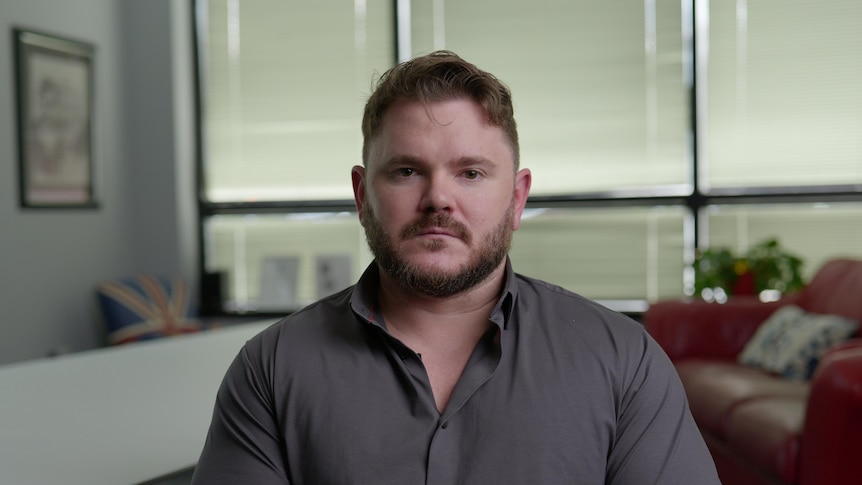
Two former employees of a prominent testing laboratory, Princeton Consumer Research (PCR), have raised serious allegations regarding questionable practices in sunscreen testing. Their claims come at a time when consumers are increasingly concerned about the efficacy of sun protection products on the market.
In an exclusive interview with ABC’s 7.30, Brian Ecclefield, a former business development manager at PCR, stated that he resigned due to doubts over the integrity of its Sun Protection Factor (SPF) testing. “Relatively quickly after I started working at Princeton Consumer Research, I started to see some things which I questioned,” Ecclefield said. He emphasized the potential health risks, stating, “The risk for the Australian consumer in this case would be severe, the potential for sunburn … it’s genuinely a health issue.”
Ecclefield’s concerns were echoed by another former employee, Jane Tervooren, who claimed that PCR had a tendency to cut corners and skimp on thorough testing. “I want to say to the Australians who are using sunscreen to make sure your sunscreen has been tested at an ethical lab. We don’t want you to get burned,” she warned.
This revelation follows an investigation by the ABC into the practices of PCR, which has prompted several major Australian brands, including Cancer Council, Woolworths, and Ultra Violette, to cease using PCR for SPF certification. The Therapeutic Goods Administration (TGA) has also expressed “significant concerns” regarding the reliability of PCR’s SPF testing.
Concerns Over SPF Testing Methods
Earlier this year, testing conducted by consumer group Choice found that 16 out of 20 popular sunscreens did not meet their SPF label claims. One product, Ultra Violette’s SPF 50+ Lean Screen Mineral Mattifying Skinscreen, was found to provide an SPF of only 4, leading to its removal from the market. Among those that fell short, at least half had their initial SPF certification tests done by PCR.
In light of these developments, TGA’s chief medical adviser, Robyn Langham, confirmed that the agency is actively investigating PCR’s SPF testing data. “We’re aware that PCR laboratories is one of the organizations that does SPF testing for Australian sponsors, and so we are looking into the data that’s coming from PCR,” she stated.
The investigation has revealed troubling practices within PCR, including a breach of regulations by wrongly applying European testing protocols to US sunscreen products. Ecclefield highlighted the dangers of such practices, stating, “There could be numerous problems, including major issues for consumers where products have higher SPF label claims than the products may actually provide.”
Emails obtained by the ABC indicate that there were concerns among PCR staff regarding the accuracy of testing methods. One project manager noted that improper testing methods “have been completed for other sponsors [clients] in the past.” In a surprising admission, Barrie Drewitt, PCR’s CEO, expressed uncertainty about SPF, asking a colleague to “interject” on a fundamental matter related to the company’s studies.
Whistleblower Testimonies and Industry Responses
Ecclefield and Tervooren are not alone in their concerns. The ABC has spoken to five additional former PCR employees who described various questionable testing practices. These concerns coincide with increasing warnings from sunscreen experts regarding the SPF reports generated by PCR.
Michael Traudt, a US sunscreen and SPF expert, analyzed several SPF test results from PCR used to certify Australian sunscreens between 2020 and 2025. His analysis pointed to potential significant issues with the testing data. “The odds of having that many people on a panel repeating with the same number are extremely low,” Traudt remarked, emphasizing that such results are highly unlikely.
In response to the ongoing investigation, the TGA has issued guidance to sunscreen manufacturers on selecting reliable testing laboratories. This comes as 18 Australian sunscreen products have either been recalled or paused from retail supply due to inaccurate SPF claims.
While the TGA has regulatory authority over sunscreen products, it does not oversee the third-party labs conducting SPF testing. Manufacturers are ultimately responsible for ensuring compliance with Australian regulations. Langham has assured the public that the TGA will take necessary action based on its findings, including recalling products if safety issues are identified.
Despite the controversy, experts maintain that consumers should continue using sunscreen as part of a comprehensive sun protection strategy. Julian Rait, Vice President of the Australian Medical Association, stated, “People should still have confidence in the vast majority of sunscreen products, and they should still provide adequate protection from the sun, especially if used frequently.”
As the investigation unfolds, both Ecclefield and Tervooren have established their own testing laboratory in the US. They hope that their experience will lead to greater transparency and integrity in sunscreen testing, ultimately ensuring consumer safety.






